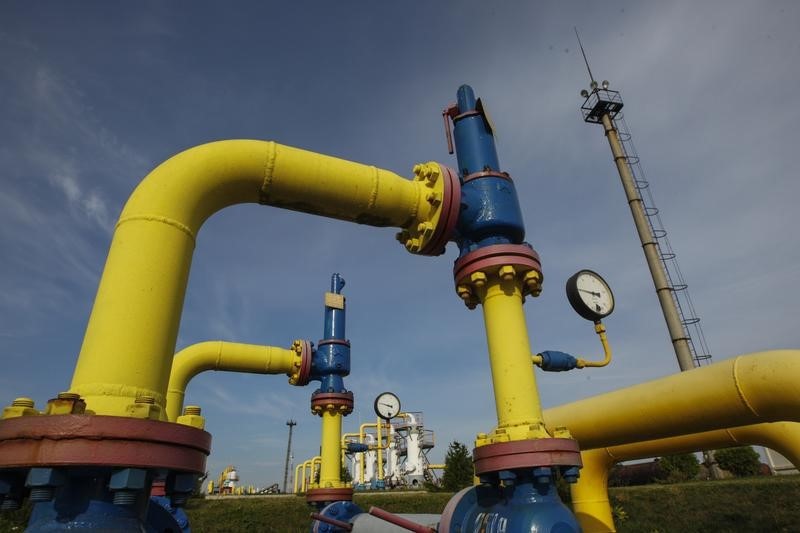PORT of SPAIN (Reuters) -The partners of Trinidad and Tobago's Atlantic LNG project, the largest liquefied natural gas export facility in the Caribbean, on Tuesday agreed to restructure ownership with the state gas firm gaining shares and a Chinese firm leaving stakes on hold.
Atlantic LNG's first of four liquefaction trains suspended operations in late 2020 despite strong global LNG demand due to of a lack of natural gas supply from Trinidad's offshore fields.
Under the revamp that took four years of negotiations, Trinidad's National Gas Company (NGC) expanded its ownership by taking shares in all four of the facility's liquefaction trains. Previously it had shares in just two of them. Chinese Investment Co, which owns about 10% in train one, no longer has an active stake since parties agreed that unit will remain shut for the near future.
The other members of the consortium - BP (LON:BP), Shell (LON:RDSa), and NGC – remain as owners of the three active liquefaction trains. The government said this arrangement allows it to get more revenue from LNG exports while simplifying the project's structure.
The deal, under which Shell and BP reduced participation in two trains, consolidates the Atlantic LNG's joint ventures into a unitized facility held by one joint venture with a common ownership and commercial framework for gas supply, processing, LNG production and natural gas liquids offtake.
The pact allows the government to market its own LNG globally, the Caribbean country's Prime Minister Keith Rowley said.
Shell expects the revamp will lead to greater commercial certainty by freeing up billions of dollars in investment for exploration and production, said Eugene Okpere, the company's senior vice president and country chair for Trinidad. It will also help development of the Manatee project that holds 2.7 trillion cubic feet (TCF) of gas reserves on the Trinidad side and is part of the Loran/Manatee 10-TCF cross border field shared with Venezuela.
Trinidad forecasts $5 billion in energy exploration and production investment through 2026, Rowley added.
BP's president for Trinidad, David Campbell, said the agreement will result in market reflective pricing and increased government participation, allowing a more efficient operation.
Trinidad and Tobago contributes with 10% of BP's natural gas production worldwide, he said.
